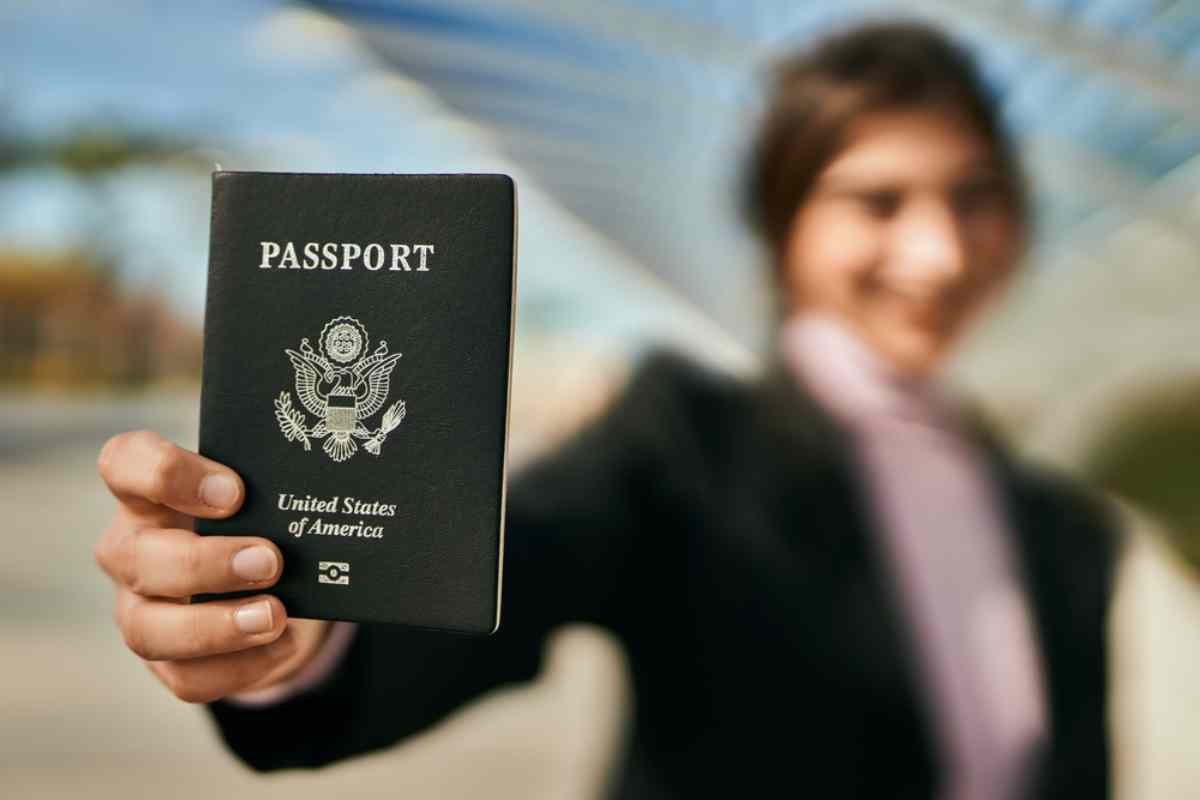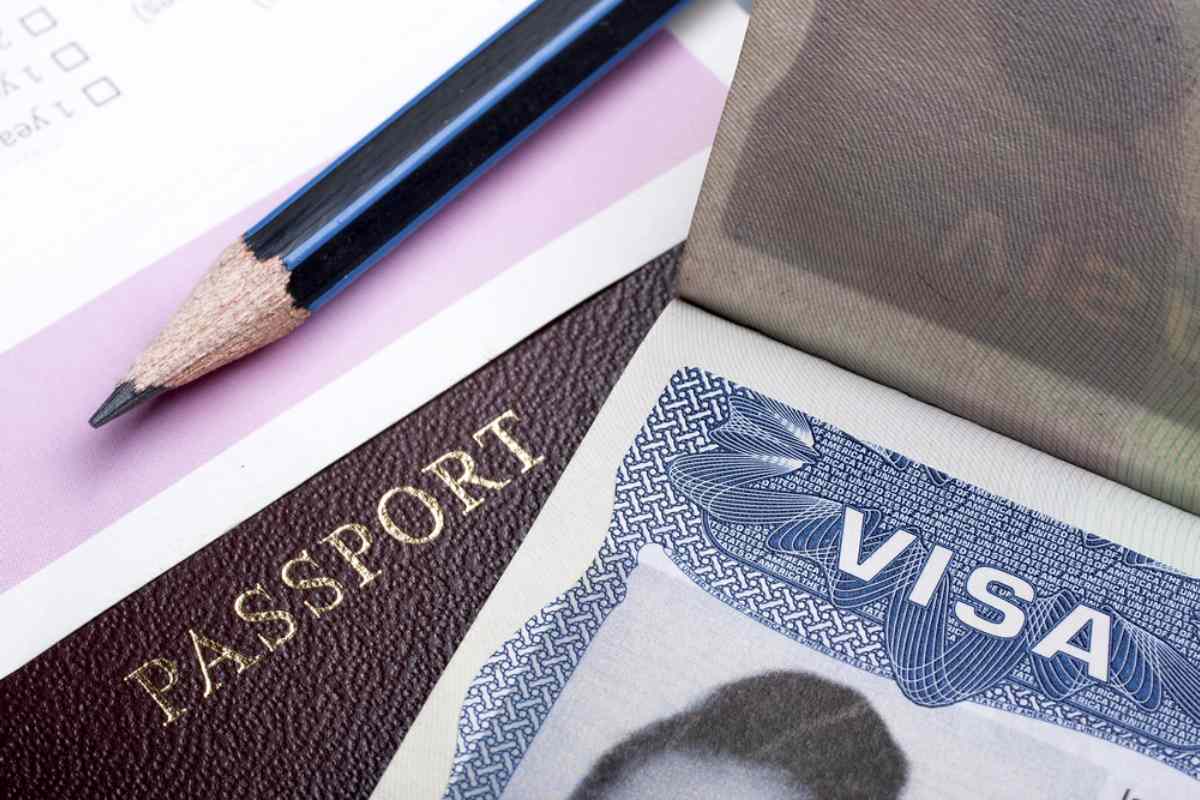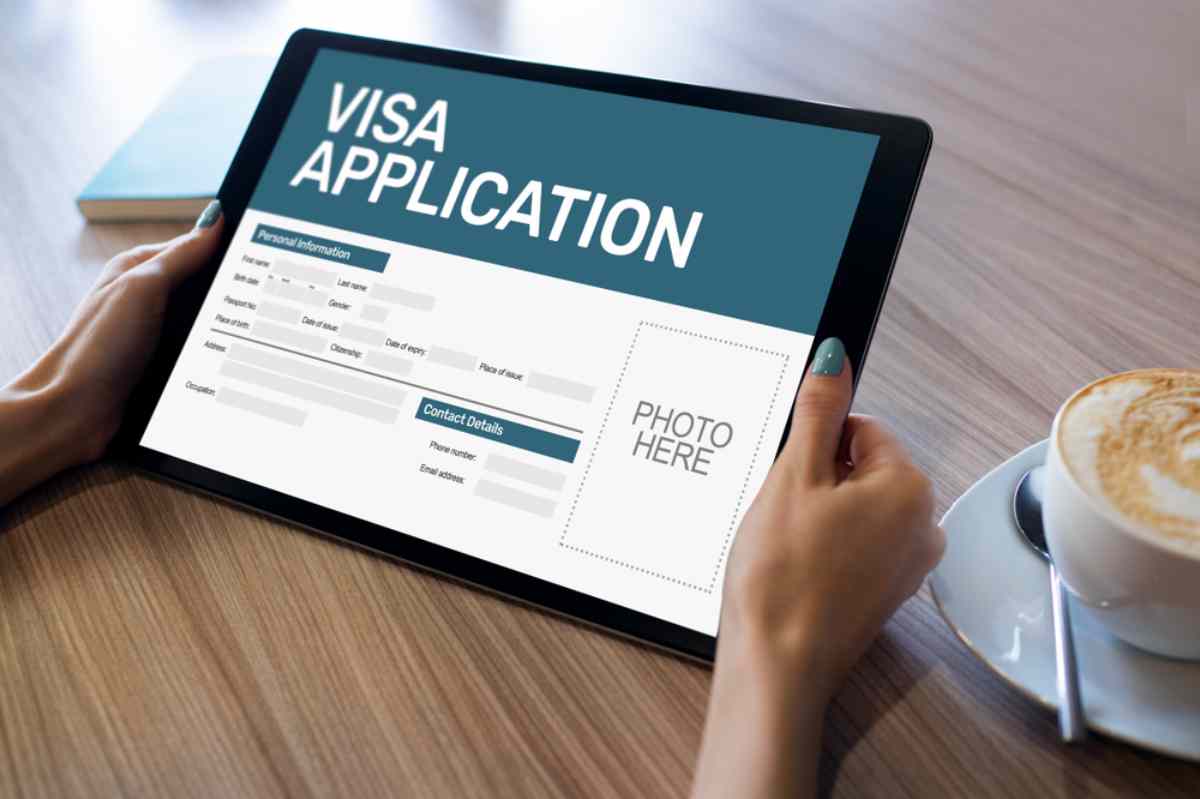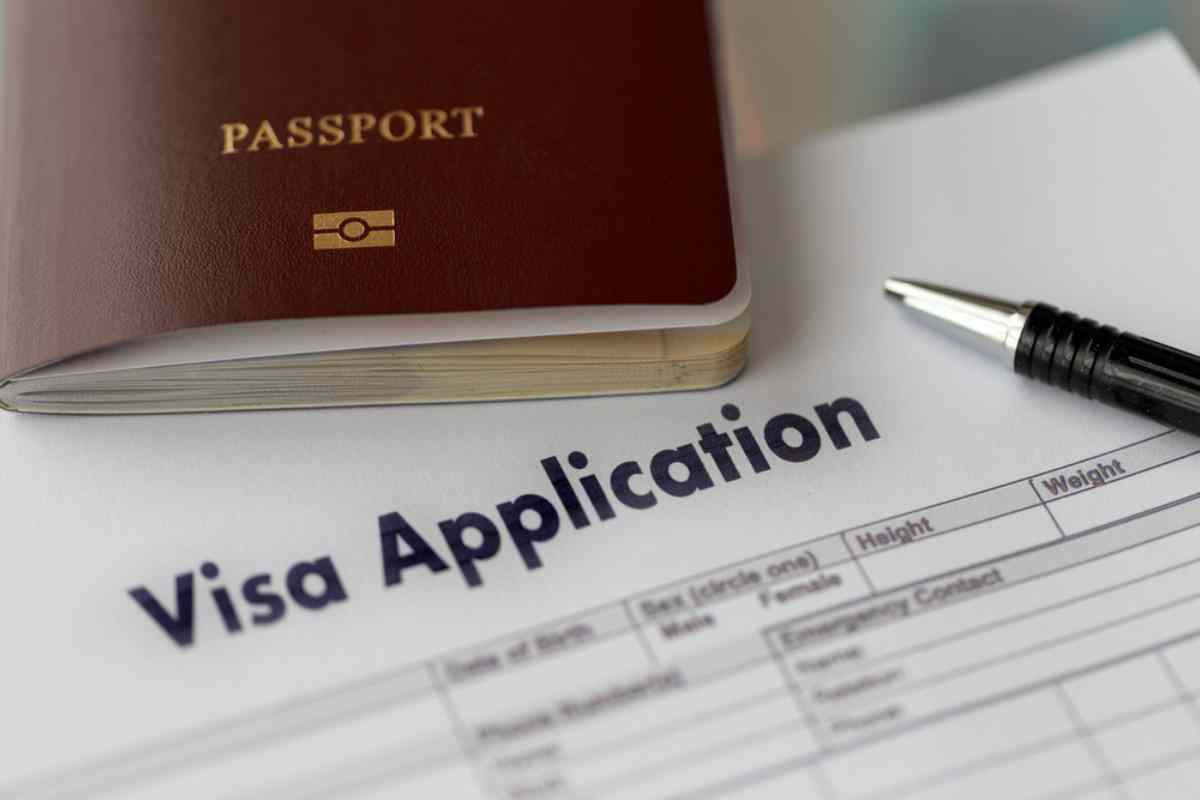Traveling and broadening your horizons are exciting. To go through all the red tape and admin beforehand, not so much. In fact, to many, it’s so confusing and stressful that the entire process ends up almost being the reason you need a vacation in the first place. Well, we aim to take all the confusion and headache out of the exercise and give you a comprehensive breakdown of traveling to the country and what the Iceland visa requirements look like.
After reading this article, you will understand what you need to visit Iceland and how to comply with all the travel requirements. This will give you more time to focus on actually planning and looking forward to your trip rather than navigating bureaucracy.
Is Iceland a Schengen Country?
Iceland is a Schengen country and has been a part of the Schengen Agreement since 2001. So, anyone originally from or who has citizenship or permanent residence status in another EU Schengen country is free to travel to Iceland without a pre-approved visa.

Do You Need a Passport to Go to Iceland?
First things first. It doesn’t matter where you are in the world; if you have a case of wanderlust and plan on traveling anywhere in the near future, you’ll need a passport. That being said, those who find themselves inside the Schengen area (with citizen or permanent resident status) won’t necessarily be required to show a passport. Those from outside the Schengen area will need a valid passport that also complies with the following requirements:
- The passport must not be older than 10 years (this is the period most passports are valid for).
- The passport must be valid for at least a minimum of three months after you plan on departing from the island (although we always recommend at least 6 months just to be safe).
- The passport has a minimum of two blank pages remaining.
*Please note that the above-mentioned are based on general cross-border legislation, and airlines may have other or additional requirements. So, please double-check when booking your tickets and before catching your flight.

Iceland Travel Requirements: The Basics
The following are what is generally required when traveling to Iceland, either as someone from a Schengen country or someone traveling on a visa:
- A valid ID card (for all EEA and EFTA citizens)
- Passport (for all non-EEA/EFTA citizens)
- A valid visa (for all those outside of the Schengen and who do not get a visa upon arrival)

Do You Need a Visa for Iceland?
Based on the Schengen Agreement, which aims to ensure free movement across the borders of those countries that form part of the agreement, 29 EU countries, including the EFTA states (Switzerland, Norway, Liechtenstein, and us here in Iceland), are exempt from border controls in Schengen countries. This means you won’t require a visa to travel to Iceland, or you’ll get one on arrival granting entry for up to 90 days.
Over 100 countries get a 90-day visa upon arrival in Iceland (this includes the US and the UK). Extension options are available for those with a 90-day visa under certain special circumstances (but this requires an extension application). The specific EU countries are:
- Austria
- Belgium
- Bulgaria
- Croatia
- Czech Republic
- Denmark
- Estonia
- Finland
- France
- Germany
- Greece
- Hungary
- Iceland (obviously)
- Italy
- Latvia
- Liechtenstein
- Lithuania
- Luxembourg
- Malta
- Netherlands
- Norway
- Poland
- Portugal
- Romania
- Slovakia
- Slovenia
- Spain
- Sweden
- Switzerland

However, if you are coming from outside of the Schengen area and do not fall part of any of the abovementioned agreements, you will require a visa to enter Iceland. These include countries such as:
- Afghanistan
- Bangladesh
- The Republic of Congo
- Eritrea
- Ethiopia
- Ghana
- Iran
- Iraq
- Nigeria
- Pakistan
- Somalia
- Sri Lanka
If you’re still feeling uncertain, you can check whether you need a visa to travel to Iceland.
It is also important to note that if you have obtained and kept to the agreements of your Schengen visa at least three times in the past two years, you can apply for a one-year multiple-entry Schengen visa.

How to Apply for a Visa to Iceland
VFS Global is the official partner of the Icelandic Embassy, which means that unless special arrangements have been made, you’ll need to apply for a visa through one of the VFS visa application centers.
Please note that VFS merely acts as the application facilitator, and the actual visa will still be issued by the embassy. The application process itself may also differ from country to country.
But VFS or your local Icelandic embassy will be happy to provide guidance and assistance throughout. Usually, a visa application follows the following procedure:
- Download and print or go and collect a visa application form from the visa application center.
- Complete the visa application form.
- Attach all other required documentation. The application center should have these on its website or will send you the information upon booking the appointment. Alternatively, you will find a checklist on the Government of Iceland website.
- Go to the application center (this may require a pre-booked appointment, as mentioned above) to hand in your application and chat with the visa agent.
- Pay the fee (this is also sometimes payable online beforehand whenever an online platform is used to book appointments at the visa center).

Visa Requirements
The following will usually play a big part in determining whether a visa is granted or not:
- The purpose of your travel: you must provide a reason for why you plan on visiting Iceland, and visas such as short-term/tourist visas have limitations and restrictions. Under no circumstances will you be allowed to work, conduct business, stay in Iceland, etc., when applying for a short-term/tourist visa.
- Whether you can take care of yourself financially. You must submit proof that you can support your visit to Iceland. This means proving that you have sufficient funds to pay for accommodation, transport, food, etc., for the duration of your trip.
- Whether you have health insurance. Health insurance is essential when applying for a visa. You get dedicated health insurance or travel insurance that includes health coverage. Whatever you choose, it needs to be valid for the duration of your stay.
- If you’ve got a criminal past. The moment someone has a criminal record, visa applications become much harder. The context of the individual’s criminal past will, of course, be considered (a 40-year-old who stole cigarettes from a shop at age 16 is a different matter than a 40-year-old who was convicted of assault or distribution of drugs at age 26). Still, visa applications are an immediate uphill battle if you’ve been convicted of a crime.

How Much Does a Visa to Iceland Cost?
The cost of your visa will depend on the country you are applying from. But you can budget for about €80 or $90 for an adult. Children between the ages of 6 and 12 are usually about 50% less (+/-€40 or $45). A visa is usually free of charge for children under 6.
How Long Does a Visa Application for Iceland Take?
Generally, the visa application process for Iceland takes about two weeks. But this is only when it comes to clear-cut applications. If the information or documentation accompanying the application is found to be insufficient, and the embassy needs to request further info or documentation, the process can take much longer.
In extreme cases, the application will be referred to the Directorate of Immigration, resulting in the process taking even longer. So, it’s always recommended to give yourself ample time and apply at least a month or two before your planned trip (hope for the best and prepare for the worst, right?).

Working and Living in Iceland
Please note that this article focuses on short-stay tourist visas (C-visas). C-visas will generally grant you entry to Iceland and other Schengen countries for either the duration of your stay or 90 days. If you want to (or have to) work or stay in Iceland long-term, that will require other visas.
If this is the case, please check out the Government of Iceland website or speak to your local embassy or VFS visa application center. It’s also important to mention that getting caught gunning for working or staying in Iceland while on a short-term tourist visa is a major no-no. This is the quickest way of getting your visa revoked, getting deported, and being banned from entering the country for many years.
Take Note of Transit Visas
There are a few countries that will require transit visas in Iceland. A transit visa, also known as an Airport visa, is a visa that allows someone to stay in Iceland for up to 24 hours and is usually needed when traveling through Iceland to another destination.
It’s important to note that some countries may require a transit visa whether they leave the airport or not or whether they’re changing airplanes in Iceland or not. To ensure that you stay on the right side of the law and not jeopardize any future travel, you can check whether you need a transit visa on the Directorate of Immigration website.

A Few Helpful Tips for Traveling to Iceland and Applying for a Visa to Iceland
If this is your first time traveling to the island or your first time applying for a visa to Iceland, the following tips will come in handy:
- Always double-check whether you need a visa. The world and its red tape are ever-changing (hello, BREXIT, and Covid), and what might’ve been applicable or required yesterday may no longer be the case. Many who believe they don’t need a visa find out that they do, while others are pleasantly surprised to learn that they get a visa on arrival.
- If you have to apply for a visa, do so in a timely matter. You don’t want to plan an entire trip only to cancel because you didn’t get your visa in time. This, of course, becomes exponentially worse when considering non-refundable plane tickets, accommodation, transport, tours, etc.
- Ensure that you have included all necessary and requested documentation for your visa application. There is nothing worse than causing your own application delay or rejection.
- If you apply for a visa before entering Iceland, you know there will be a fee attached. Although there are many ways to pay this fee, including with a credit card, you must consider the cost when budgeting for your trip.
- Be mindful of customs and import/export restrictions. Whether you fall within the Schengen Agreement or not, many find themselves on the wrong side of the law simply because they never read up on the restrictions. While this often results in just fines (but the kind that might require remortgaging your house), it can also result in bans. Either way, it will definitely impact any future travel to the Schengen area.
- Summer in Iceland is considered peak season. This means everything from accommodation and transport to tours and attractions must be booked well in advance. You should consider this when planning a summer trip, but also when it comes to visa applications since you can expect the visa application center to be much busier than usual.

A Few Other Travel Requirements Worth Mentioning
Iceland’s entry requirements are pretty clear-cut, and by using this article as a guide, you’ll easily be able to navigate any potential visa applications and plan your trip to the island. Since we’re discussing travel requirements in Iceland, please also take note of the following; although it ultimately won’t impact your visa or entry to Iceland, please remember to bring a valid driver’s license along if you’re planning on renting a campervan in Iceland.
You don’t want to plan an entire road trip adventure only to be left stranded. If you have any students in your party, we also highly recommend that they bring their valid student card along since there are plenty of student specials and deals all across the island.



 By
By 






